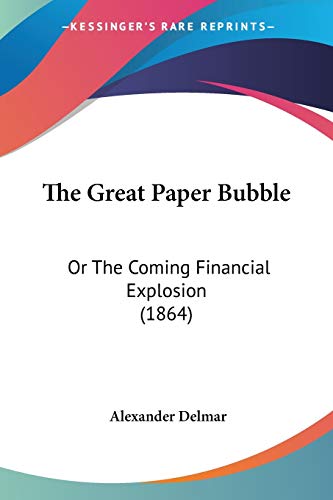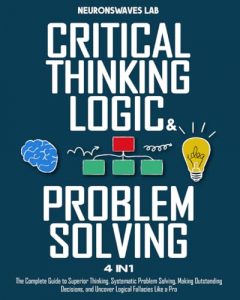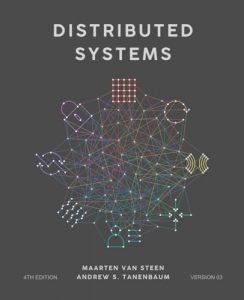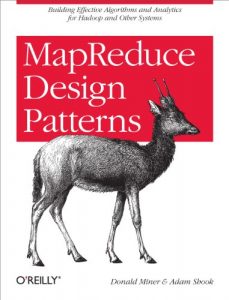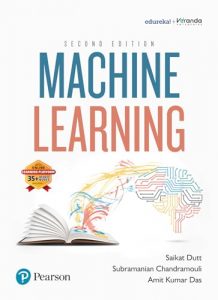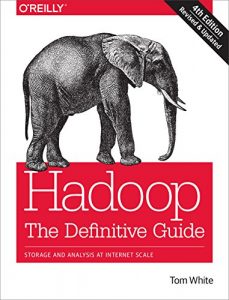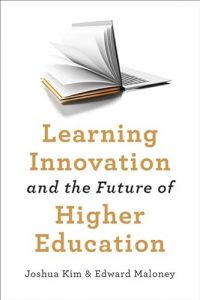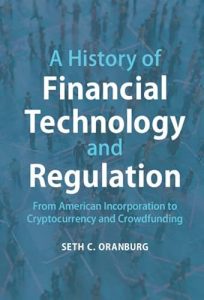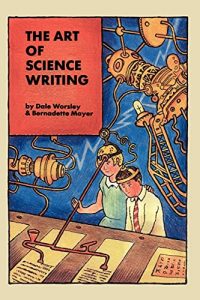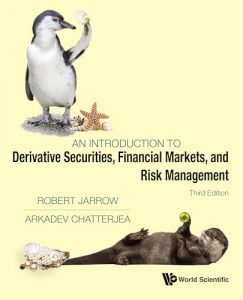The Great Paper Bubble: Or The Coming Financial Explosion (1864)
Written by Alexander Delmar, this classic delves into historical financial crises, specifically focusing on the 1864 paper bubble. It offers a comprehensive analysis of speculative bubbles and their impacts on the economy. Delmar’s insights are not only historically relevant but also remarkably prescient, making this book a fundamental read for anyone looking to understand the cyclical nature of financial markets. The narrative is engaging, peppered with vivid anecdotes that bring to life the dire consequences of financial recklessness. A rediscovery of this work will shed light on contemporary financial dynamics and prevent repeating past mistakes.

Economic Crisis & Solutions: Unemployment Bubble, Technology, Federal Reserve and Government
In this concise yet impactful book, Theodore Kafkas examines the multifaceted nature of economic crises, especially focusing on unemployment bubbles created by technological advancements and government policies. Priced remarkably at just $0.99, this book is a treasure trove of practical solutions to combat the ongoing challenges in today’s economy. Readers will appreciate Kafkas’s approachable writing style and the insightful frameworks he proposes, making it a must-read for policymakers, students, and the general public alike. It invites critical thinking and encourages readers to envision viable solutions to current economic woes.

Banking on the Future: The Fall and Rise of Central Banking
This insightful book by Howard Davies and David W. Green takes readers through the turbulent history of central banking. It provides a nuanced discussion around the roles and responsibilities of central banks, particularly in light of the 2008 financial crisis. The authors argue for the necessity of strong regulation and oversight while being critical of traditional banking practices. This book is not just for economists; its implications stretch widely, affecting anyone interested in the future of finance. They present a balanced viewpoint on how to restore faith in our financial systems.

The Handover: How We Gave Control of Our Lives to Corporations, States and AIs
Written by David Runciman, this forward-thinking book discusses the crucial shift that has occurred in society whereby we now favor entities like corporations and artificial intelligence over individual agency. Addressing a pressing issue, Runciman articulates how this transfer of control has significant implications for our financial systems among other societal structures. His engaging narrative and rich analysis provoke deep reflections on our choices and their consequences. This is essential reading for a generation poised to reclaim their agency in an increasingly automated world.

The ICO Boom and Bubble: The Deceptive Web: Warning Signs and Illusions of Legitimacy
Ethan J Monroe dives deep into the phenomenon of Initial Coin Offerings (ICOs) in this eye-opening book. He analyzes the boom and subsequent bubble, meticulously identifying signs of deception and common pitfalls within this innovative yet volatile arena. Monroe’s insights serve as a crucial guide, especially for potential investors looking to navigate the murky waters of cryptocurrency investments. By highlighting the potential for both profit and catastrophe, this book is both educational and cautionary, essential for anyone interested in the future of finance and technology.

Riding the Wave: Understanding and Navigating Stock Market Bubbles
T Vijayan babu presents a practical roadmap in this book for both novice and seasoned investors on how to recognize and navigate through stock market bubbles. With an emphasis on psychology and behavioral economics, the author discusses the common traps that investors fall into during market euphoria and panic. This important read will empower investors to approach the stock market with a clearer understanding, helping them make informed decisions to safeguard their financial health while possibly capitalizing on bubble opportunities.

The Politics of Financial Risk, Audit and Regulation
Atul Shah explores the nexus of politics and financial practices in this dense but enlightening book. With the modern financial landscape undergoing significant transformations, this read is pivotal for anyone involved in finance and regulation. Shah effectively breaks down complex ideas around risk and auditing, revealing how political agendas influence financial stability. This book equates knowledge with power; it empowers finance professionals and students alike to engage with the broader implications of financial regulations on society.

Stability in International Finance: Applications of Price Disequilibrium Theory
In this concise but profound book, Frederick Betz introduces the price disequilibrium theory and its applications within international finance. Upon careful reading, financial analysts and international economists will gain crucial insights into the stability of financial markets globally. By applying theoretical models to real-world scenarios, Betz creates a foundational understanding that can guide future research and practice. This book is a catalyst for innovative thinking, critical for today’s financial experts facing unprecedented global challenges.

Adam Smith and the Founding of Market Economics
In this thought-provoking work, Eli Ginzberg contextualizes Adam Smith’s revolutionary ideas that laid the groundwork for modern market economics. Ginzberg articulates how Smith’s principles remain relevant to today’s economic discourse, inviting readers to consider the philosophical underpinnings of market systems. This book is a brilliant blend of historical scholarship and modern economic theory, making it a two-in-one resource for enthusiasts eager to understand the evolution of economics through Smith’s lens. For anyone invested in the economy’s future, this book is essential reading.


